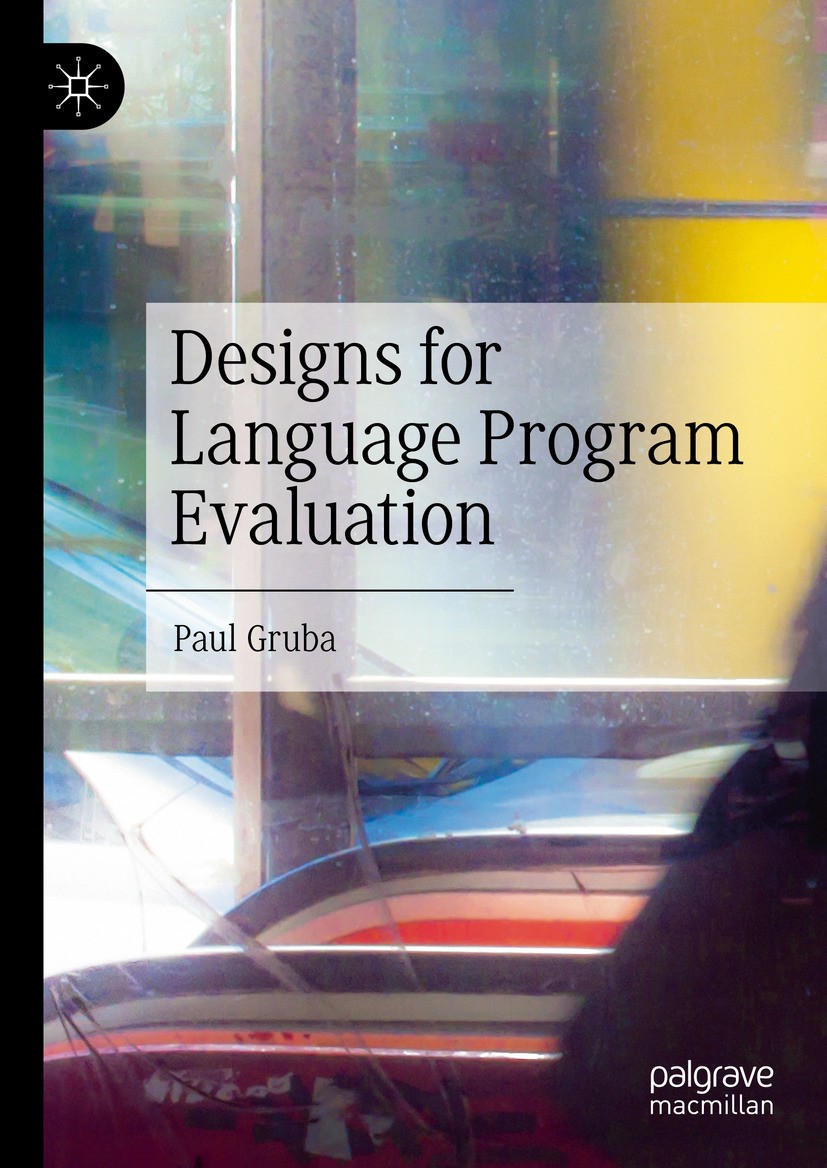| 書(shū)目名稱 | Designs for Language Program Evaluation | | 編輯 | Paul Gruba | | 視頻video | http://file.papertrans.cn/285/284593/284593.mp4 | | 概述 | Evidence-based, practical and reader-friendly guide to contemporary theory and practice.Grounded in years of experience in language assessment, evaluation, and work in digital environments.Provides a | | 圖書(shū)封面 |  | | 描述 | This book aims to advance language program evaluation and practice, building on the author‘s previous work in?.Blended Language Program Evaluation.?(Palgrave Macmillan, 2016). The book is based in theory, yet incorporates case study examples throughout each chapter. The conceptual framework is grounded in complexity and evaluative thinking, and incorporates a three-tiered approach on themes ranging from ‘hybrid learning‘ through to ‘leadership‘ and ‘sustainability‘. The style of the work seeks to engage stakeholders through its focus on utility and program improvement, and result in pragmatic, evidence-based results that foster quality teaching, learning, and administration. Despite being situated in a multibillion dollar global industry, few language professionals evaluate their language programs and foster improvement. This book is addressed to current language professionals and researchers, and aims to fill this gap in current knowledge and practice.?. | | 出版日期 | Book 2024 | | 關(guān)鍵詞 | effectiveness principles; complexity thinking; developmental evaluation; interpretative arguments; langu | | 版次 | 1 | | doi | https://doi.org/10.1007/978-3-031-68926-0 | | isbn_softcover | 978-3-031-68928-4 | | isbn_ebook | 978-3-031-68926-0 | | copyright | The Editor(s) (if applicable) and The Author(s), under exclusive licence to Springer Nature Switzerl |
The information of publication is updating

|
|
 |Archiver|手機(jī)版|小黑屋|
派博傳思國(guó)際
( 京公網(wǎng)安備110108008328)
GMT+8, 2025-10-6 23:04
|Archiver|手機(jī)版|小黑屋|
派博傳思國(guó)際
( 京公網(wǎng)安備110108008328)
GMT+8, 2025-10-6 23:04


